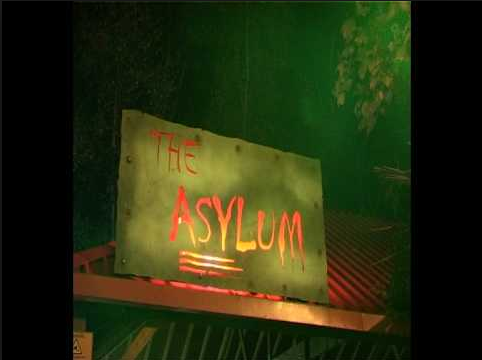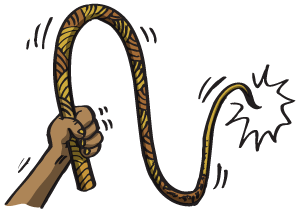By Rebecca Roache
Follow Rebecca on Twitter here
Is there anything wrong with seriously entertaining this possibility? Not according to the author of a research article published this month in Journal of Religion and Health. In ‘Schizophrenia or possession?’,1 M. Kemal Irmak notes that schizophrenia is a devastating chronic mental condition often characterised by auditory hallucinations. Since it is difficult to make sense of these hallucinations, Irmak invites us ‘to consider the possibility of a demonic world’ (p. 775). Demons, he tells us, are ‘intelligent and unseen creatures that occupy a parallel world to that of mankind’ (p. 775). They have an ‘ability to possess and take over the minds and bodies of humans’ (p. 775), in which case ‘[d]emonic possession can manifest with a range of bizarre behaviors which could be interpreted as a number of different psychotic disorders’ (p. 775). The lessons for schizophrenia that Irmak draws from these observations are worth quoting in full:
As seen above, there exist similarities between the clinical symptoms of schizophrenia and demonic possession. Common symptoms in schizophrenia and demonic possession such as hallucinations and delusions may be a result of the fact that demons in the vicinity of the brain may form the symptoms of schizophrenia. Delusions of schizophrenia such as “My feelings and movements are controlled by others in a certain way” and “They put thoughts in my head that are not mine” may be thoughts that stem from the effects of demons on the brain. In schizophrenia, the hallucination may be an auditory input also derived from demons, and the patient may hear these inputs not audible to the observer. The hallucination in schizophrenia may therefore be an illusion—a false interpretation of a real sensory image formed by demons. This input seems to be construed by the patient as “bad things,” reflecting the operation of the nervous system on the poorly structured sensory input to form an acceptable percept. On the other hand, auditory hallucinations expressed as voices arguing with one another and talking to the patient in the third person may be a result of the presence of more than one demon in the body. (p. 776)
Irmak concludes that ‘it is time for medical professions to consider the possibility of demonic possession in the etiology of schizophrenia’ and that ‘it would be useful for medical professions to work together with faith healers to define better treatment pathways for schizophrenia’ (p. 776).Read More »What if schizophrenics really are possessed by demons, after all?


